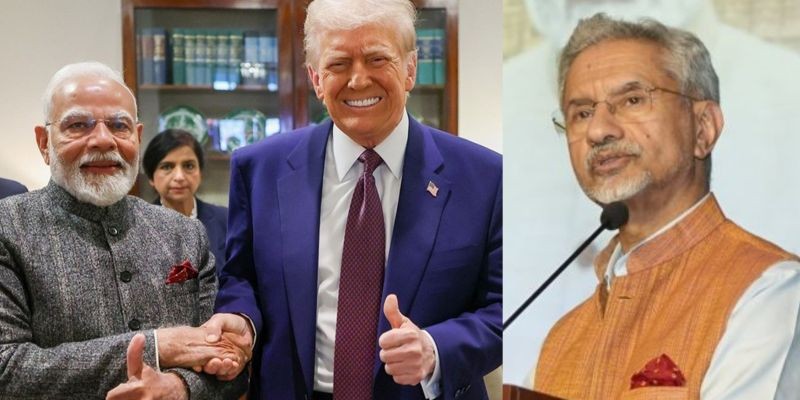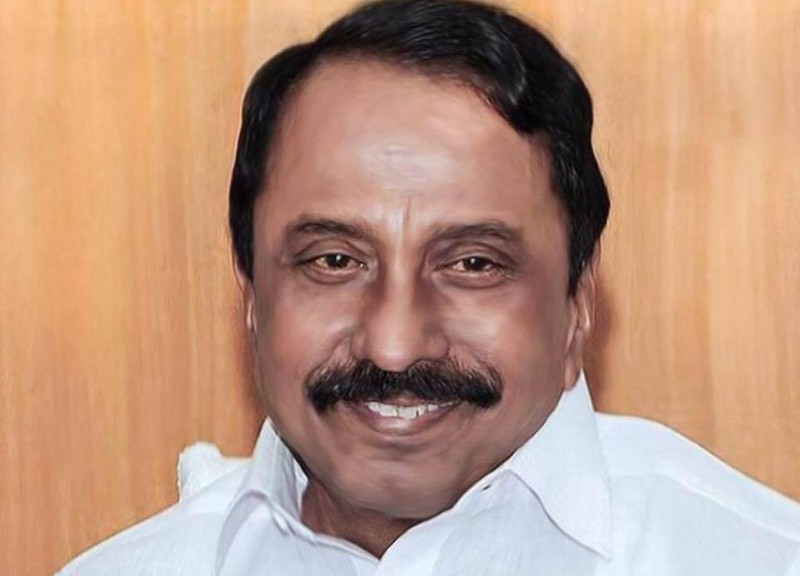Noida woman doctor loses Rs 59 lakh to 'digital arrest' scam; was told she circulated porn

New Delhi: A doctor from Noida lost Rs 59 lakh after scammers tricked her into a 'digital arrest' for 48 hours—a modus operandi used by scammers to defraud people, media reports said.
Dr. Puja Goyal, a resident of Noida Sector 77, received a call on July 13 from someone claiming to be an official from the Telephone Regulatory Authority of India (TRAI), alleging that her phone was being used to circulate pornographic videos, reported NDTV.
Although Dr. Goyal denied the accusation, the caller persuaded her to join a video call, during which she was threatened with severe consequences and told she was under digital arrest, according to the report.
After 48 hours of questioning, Dr. Goyal transferred Rs 59.54 lakh to a specified account.
As soon as she realized she had been scammed, Dr. Goyal filed a police complaint on July 22 at the cybercrime cell in Noida Sector 36, the report said.
Vivek Ranjan Rai, Assistant Commissioner of Police (cybercrime), stated that tthe police have the details of the account where the money was transferred and are investigating.
The tactic of 'digital arrest' is becoming increasingly common among scammers, who intimidate their targets by posing as law enforcement officials and confining them to their homes or rooms.
In a similar incident, a 72-year-old woman from Delhi's Chittaranjan Park area was scammed into transferring Rs 83 lakh after being told that her phone had been used for criminal activities and subjected to over 12 hours of questioning.
Noida police recently issued an advisory to warn people about such scams.
"In recent months, around ten such incidents have been reported, leading to registered FIRs and ongoing investigations," the advisory said.
"If a suspicious call claims that legal action is being taken or asks for personal or financial information, citizens should immediately report it to the nearest police station or cyber cell," the advisory stated.
The police stressed the importance of verifying any suspicious calls, particularly those made via WhatsApp or video calls. They recommended that individuals check the caller's credentials through official channels to avoid falling victim to scams.




